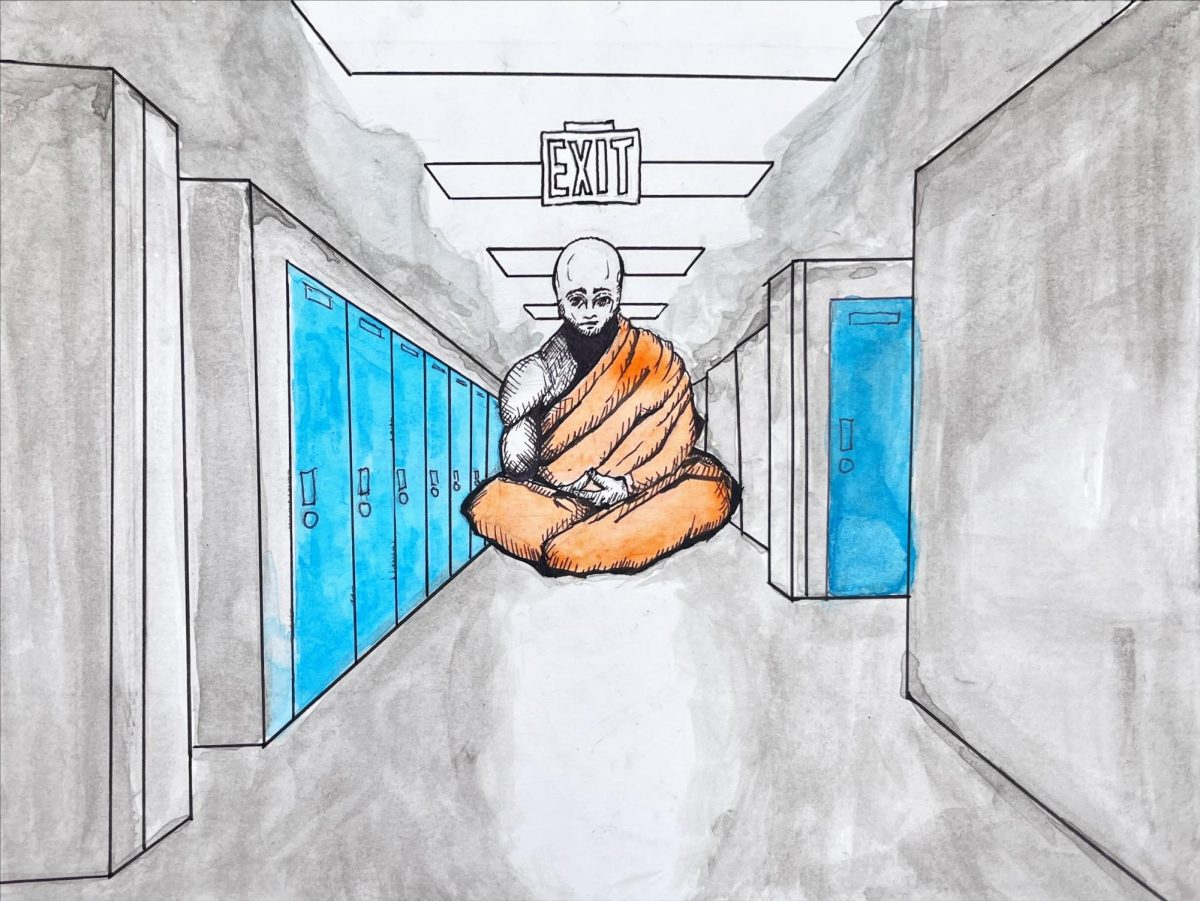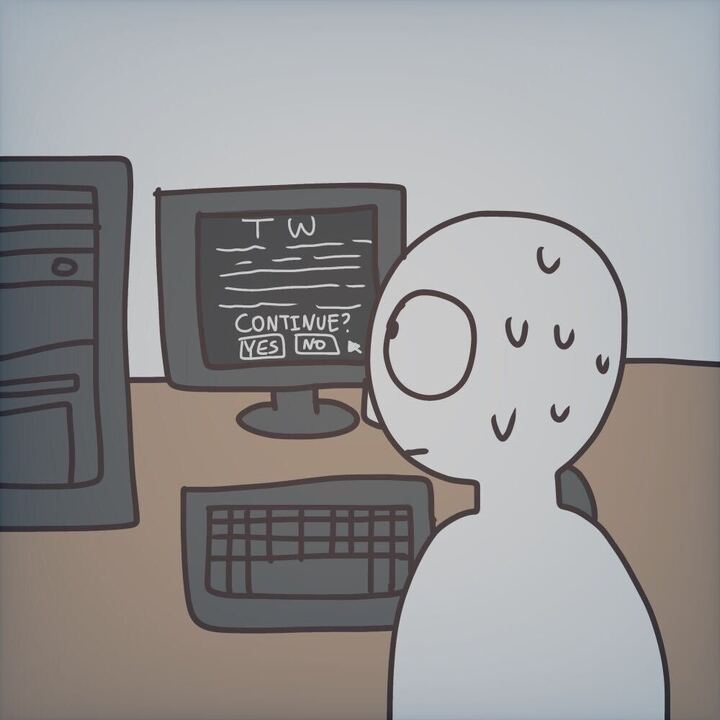Conversations surrounding mental health are becoming destigmatized, which is an important step in educating individuals about mental health. However, the grade-school education system has failed to address mental health concerns on a multitude of occasions, and it needs to change.
Throughout high school, mental health is often tackled as a subject within a class, maybe spending a day or two on it. The truth is, brains are complicated, and keeping our minds healthy is important. Our school system should treat the brain the same way they treat other health concerns.
Students who are taught mental health in schools are noted to be more empathic and sensitive to mental health, according to a 2018 study published by the Cambridge University Press.
Adding high school classes that focus on mental health and wellness would be beneficial to students, especially in high school — one of the most stressful times in an adolescent’s life.
Michelle Demaray, an NIU psychology professor, discussed the benefits of talking about and understanding mental health.
“Yeah, I’m a big believer that we should be talking more to youth as they’re growing and developing and high school, you know, middle school, high school, college about mental health because it is such a huge issue for so many people,” Demaray said. “And so to have more awareness and ideas and strategies for improving your mental health could be really supportive and preventative for kids as they grow and develop.”
There are strategies for talking about mental health, and they vary based upon a person’s relationship with the individual struggling, according to the Substance Abuse and Mental Health Services Administration.
Talking about feelings is important, and high schools should do a better job at facilitating those types of conversations. Given the stigma that still exists around mental health, it is the job of education to prepare students for their adult life.
“I think it’d (a high school mental health class) be really helpful to their lives because it’d be skills they could use throughout their lives,” Demaray said.
Creating a larger emphasis on coping skills and mental health is beneficial for students because of its applicability. In 2021, 5.8 million people had emergency hospital visits for mental health reasons, according to the Centers for Disease Control and Health Prevention.
High school students need to be able to regulate their own emotions, as well as help their friends communicate their feelings. With especially sensitive topics like self-harm or suicide, students may feel ashamed and should have strategies to help.
“High schoolers might not want to talk to their parents, and they might be nervous talking to professionals,” Demaray said. “So, the more you talk to kids, they can maybe help each other because when we’re in middle school and high school, we care so much about our peers.”
Middle and high school students can be notoriously mean. Schools should work to equip all of their students with the necessary tools to help themselves and their peers.
Protecting and advocating for mental health is an important skill students should be taught at a high school level. The transition into college or the working world can be overwhelming, and developing strategies for dealing with stress, anxiety and depression is imperative to success.
Teaching high school students, along with all K-12 students, more about their own mental health could help develop a healthier society.
















